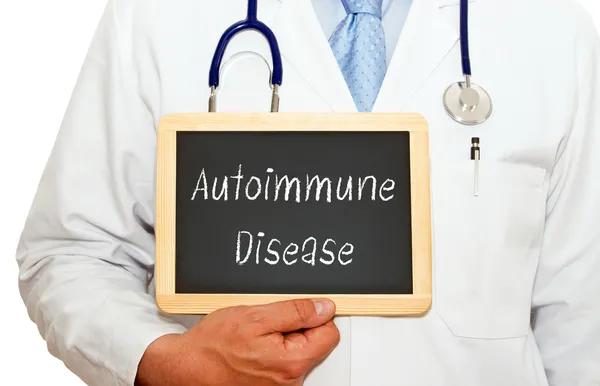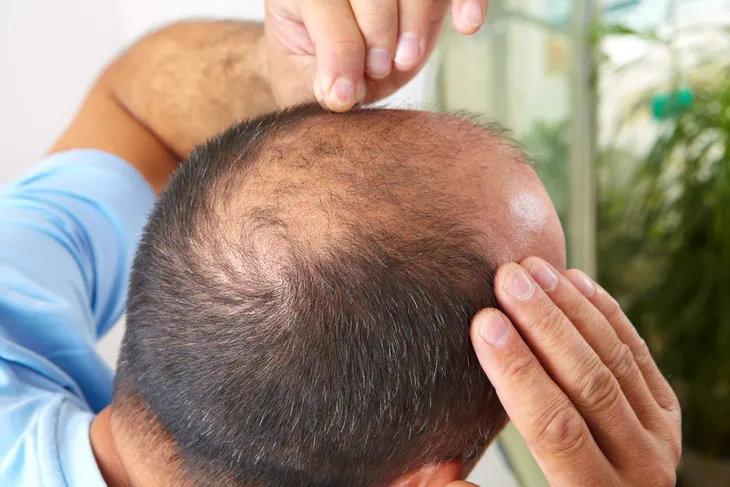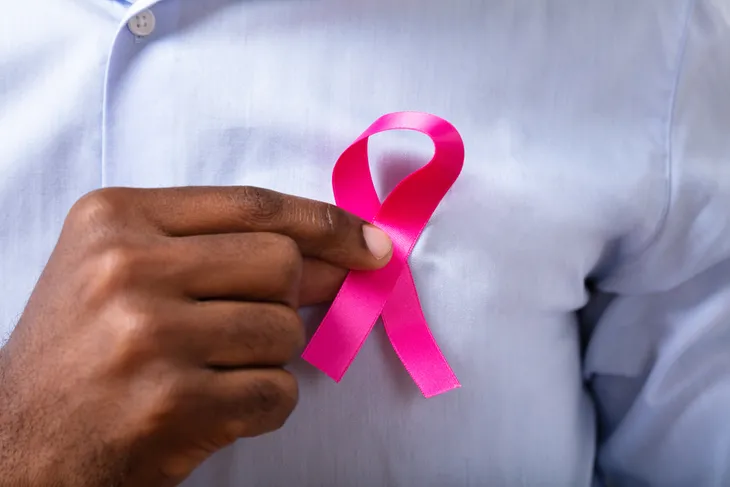- Men and women can develop diseases but some health conditions can affect each gender differently.
- In some conditions, one gender is at a greater risk for developing it, while in others, the symptoms may vary.
- Some conditions that affect men and women differently are heart disease, stroke, osteoporosis, skin cancer, breast cancer, and more
- The best thing you can do to protect your health is to get informed.
Both men and women are susceptible to disease but some health conditions can affect men and women differently. For example, men and women can experience different symptoms of a heart attack. The way health conditions manifest in the body can also differ in men and women. Additionally, some conditions affect one gender more than the other.
The best thing you can do to protect your health is to get informed. Let’s take a look at 13 health conditions that can affect men and women differently.
Heart Disease
Heart disease is a prevalent problem in the U.S. for both men and women. In fact, the Centers for Disease Control and Prevention (CDC) states that it’s the leading cause of fatality. However, men have a greater risk of developing it at an earlier age. A women’s risk greatly increases usually after menopause, around age 50.
Signs and symptoms of a heart attack can also be different in men and women. Both men and women can experience chest pain, pressure, or discomfort during a heart attack, however, women are more likely to experience other symptoms. Some of these include shortness of breath, nausea or vomiting, and back or jaw pain. This is why many women brush off the signs of a heart attack as they often think it’s caused by something less serious.
Stroke
A stroke is a life-threatening condition that occurs when the blood supply to part of the brain is cut off. Unfortunately, it’s a lot more common in women than men and the National Library of Medicine says this is likely due to “their longer life expectancy and older age at the time of stroke onset.”
Most risk factors are the same in men and women (such as family history, high blood pressure, and high cholesterol), however, some risk factors are unique to women. For example, taking birth control medication, being pregnant, using hormone replacement therapy, having frequent migraines, and having a thicker waist post-menopause are all factors that can increase your risk for a stroke.
WebMD also notes that women often experience different symptoms than men. Some symptoms of a stroke in women include fainting, agitation, vomiting, pain, hiccups, hallucinations, and seizures. Women are also less likely to recover after a stroke.
Autoimmune Disorders
According to the American Autoimmune Association, autoimmune diseases are a lot more common in women than men. The source says autoimmune disorders are more likely to develop in women during pregnancy, during great hormonal change, or during periods of extensive stress. There are more than 80 autoimmune disorders. Some of the more well-known disorders include lupus, rheumatoid arthritis, and multiple sclerosis.
In fact, the CDC says “About 9 out of 10 diagnoses of lupus are in women ages 15 to 44.” While women are more likely to develop it, The Healthy says men are more likely to have a more aggressive form of the disease when diagnosed with lupus.
Osteoporosis
Osteoporosis is a disease that causes the bones to weaken. Sometimes it can be so severe that it causes the bones to break easily. In fact, many refer to it as a silent disease because it can easily go unnoticed until a bone breaks. The Bone Health and Osteoporosis Foundation states that 54 million Americans have osteoporosis and low bone mass. So, how does it differ for men and women?
The source says it’s a lot more common in women, affecting about one in two women, whereas it affects up to one in four men. It’s more common in women because of the hormone changes women experience during menopause which directly affect bone density. According to the National Health Service, women also have a greater risk of developing osteoporosis if they experience early menopause (before age 45), have had a hysterectomy before age 45, or if they are experiencing absent periods for more than 6-months as a result of overexercising or heavily dieting.
Hypertension
Hypertension, also known as high blood pressure, is a common health issue in the U.S., affecting nearly 1 out of 2 adults. According to the World Health Organization (WHO), it’s also a serious problem around the world, affecting 1.13 billion people. It’s likely due to unhealthy lifestyles from physical inactivity, to unhealthy diets rich in saturated fat, trans fats and excessive salt consumption. But hypertension can affect men and women differently too.
Though anyone can develop it, the risk greatly increases with age. The Healthy explains that hypertension is a greater risk in men up to age 45 than in women. From age 50 to 60, the risk is about the same for both genders but after age 65, hypertension becomes more common in women than men. The source also points out that there are “serious gender disparities when it comes to awareness of hypertension risks.” Even if you’re not in the at-risk age group, it’s important to be screened regularly by a doctor. Early intervention is important.
Hair Loss
It’s normal to lose 50 to 100 hairs a day and while this may sound like a lot, it’s not usually noticeable because new hair is growing at the same time. But hair loss happens when new hairs don’t replace the hair that has fallen out. Both men and women experience hair loss, especially as they age but men are more likely to lose their hair than women.
The Healthy also points out that men experience patterns of baldness differently too. Men’s hair typically starts thinning earlier in life and it usually starts at the front of the hairline. Women, on the other hand, usually start losing hair after age 30 and the loss is often more subtle. The source says these differences are likely due to gender hormones. Furthermore, even though more men usually experience hair loss, women are more likely to seek out treatment.
Skin Cancer
Skin cancer is more common than you may think, affecting one in five Americans by age 70. It also affects men and women differently. According to the American Academy of Dermatology Association (AAD), melanoma (the most serious skin cancer) is more common in men than women.
The source says by age 65, men are twice as likely to develop melanoma as women. By age 80, the number jumps, and men are three times more likely than women to develop melanoma. So why is this the case?
The source says one reason is that men tend to know less about skin cancer and therefore are less likely to protect their skin from the sun. Women are also more likely to apply sunscreen. But that alone isn’t enough to account for the differences. The source points out that researchers believe that men’s skin also differs from women’s skin. Men have “thicker skin with less fat beneath,” and it contains more collagen and elastin. These differences can make men’s skin more likely to be damaged by the sun’s ultraviolet rays. The source also says women’s skin is better at repairing damage caused by UV rays.
Multiple Sclerosis
Multiple sclerosis (MS) is a disease that attacks the central nervous system. Much is still unknown, including the exact cause, but what researchers do know is that women are three times more likely to develop MS than men. The National Multiple Sclerosis Society says this “suggests that hormones may also play a significant role in determining susceptibility to MS.”
The Healthy also points out that though it’s more common in women, men tend to experience MS more aggressively. For example, the disease tends to affect men’s motor skills and can affect their ability to walk. Whereas women tend to have sensory challenges such as visual impairment, and numbness and tingling sensations in their extremities.
Acne
Acne is an annoying skin condition that develops when your hair follicles become clogged with oil and skin cells. While both males and females can develop acne, especially around puberty, males tend to have it worse.
The Healthy explains that this is likely caused by increased testosterone levels in men as well as the increased size of sebaceous (oil) glands. Both of these factors produce oilier skin. Younger men tend to develop worse acne than women, however, that is not the case for adults. The source says 25-percent of women still experience acne in their 30s while it only affects 12-percent of men. Adult female acne can also be harder to treat.
Psoriasis
Psoriasis is a common inflammatory skin condition that affects 125 million people worldwide. Though each person’s experience can be unique, psoriasis can affect men and women differently.
For starters, Healthline explains that psoriasis may be slightly more common in men, however, the onset of the disease is typically earlier in women. Women tend to develop the disease in their late 20s. The source also notes that psoriasis tends to be severe in men, however, studies show that women experience a greater burden from the disease “in terms of quality of life and perceived stigmatization.”
Breast Cancer
Breast cancer is more common in women, but men shouldn’t ignore this disease. Men can get breast cancer too! According to the CDC, about 1 out of every 100 breast cancers diagnosed in the U.S. is found in a man.
The most common kinds of breast cancer are the same in men as women, however, men have a lower survival rate. But why is that? According to Breast Cancer.org, this may be due to genetic or biological differences between the two genders, meaning breast cancer may develop, grow and spread differently in men and women. Men and women may also respond differently to treatments.
The source also notes that diagnosis of early-stage breast cancer often takes longer in men than women which could be due to a lack of breast cancer awareness in men. This is why it’s so important to know the early signs of breast cancer and keep up with regular screenings, especially if you have an increased risk.
Diabetes
According to the CDC, 37 million Americans have diabetes, and about 95-percent of them have type 2 diabetes. Diabetes impacts how the body processes blood sugar which can lead to serious complications like heart disease, kidney disease, stroke, depression, and more. While men are more likely to develop type 2 diabetes, Medical News Today says that women are more likely to experience these serious complications.
One theory suggests that hormones play a role. Hormones, like estrogen, can play a protective role against many of these conditions, however, “high blood sugar in uncontrolled diabetes impairs the body’s response to estrogen,” explains the source. Meaning that uncontrolled diabetes may make women more vulnerable to these conditions.
Depression
Depression is a common and serious mental illness. While anyone can develop depression (and at any age), women have an increased risk. In fact, the Mayo Clinic states that women are almost twice as likely to be diagnosed with depression. So why is there a gender gap?
The source says one reason is due to hormones. For starters, females typically reach puberty before males, which makes them more likely to develop depression at a younger age. This gender gap may also continue throughout the lifespan. The source also notes that life circumstances and cultural stressors may also play a role.
Another notable difference is that depression can often go undiagnosed in men due to unhealthy coping behaviors such as failure to recognize the signs, downplaying their symptoms, or a reluctance to discuss their symptoms. Both men and women need to be aware of the signs of depression and must reach out for help if they develop.
















